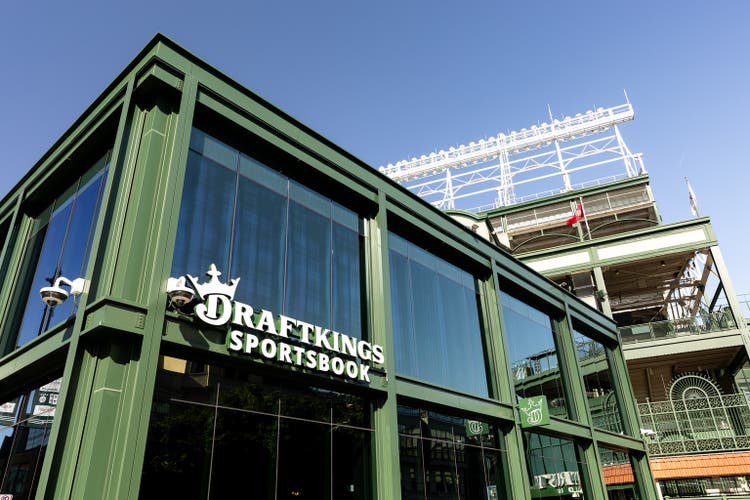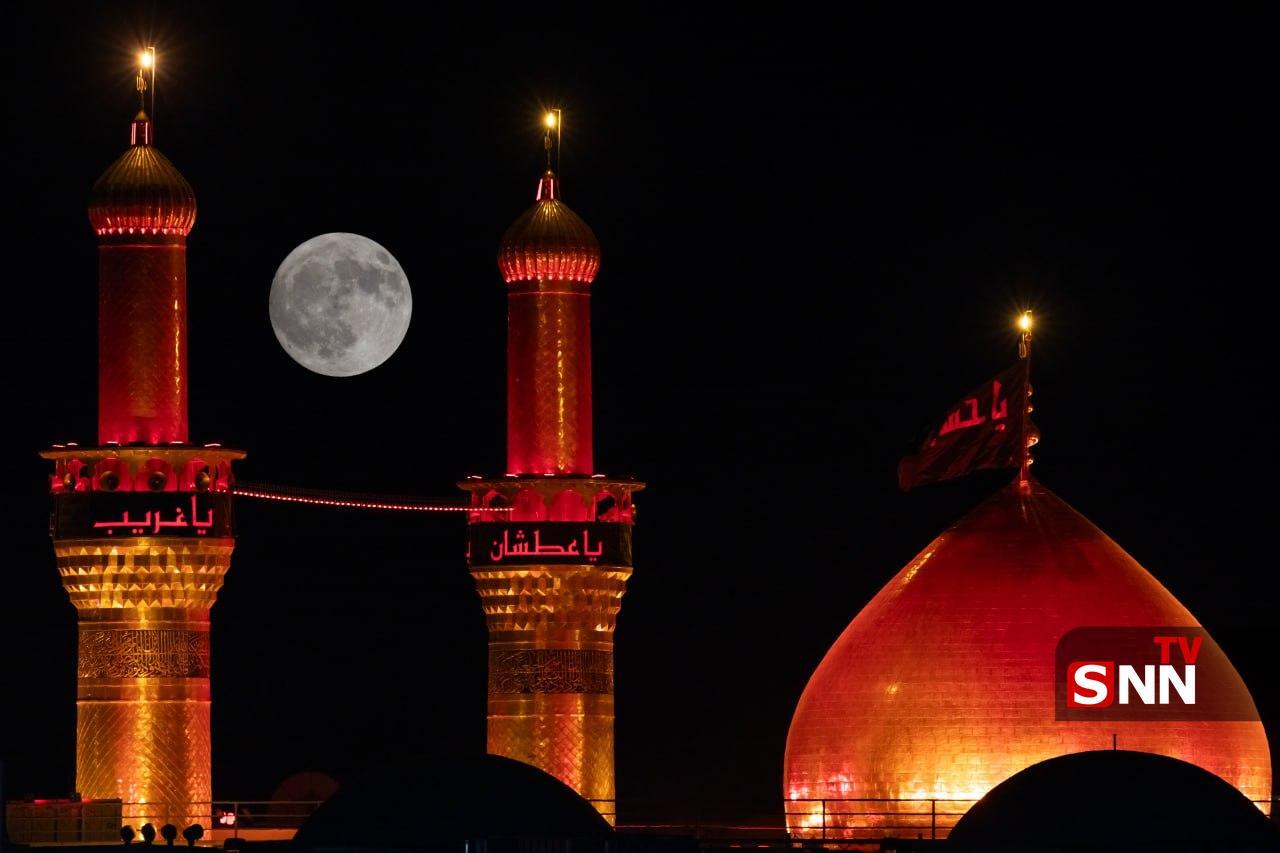The Lok Sabha on Tuesday passed the Mines and Minerals (Development and Regulation) Amendment Bill, 2025 by voice vote, even as Opposition members continued to protest over the Special Intensive Revision (SIR) of the voter list in Bihar.
The Bill, moved by Union Minister for Mines G. Kishan Reddy, seeks to overhaul India's mining framework to promote transparency, boost domestic production, and secure critical mineral supply chains.
As the House reassembled at 4:30 p.m., the protests resumed with Opposition MPs shouting slogans from the Well, demanding a debate on the SIR exercise. Presiding over the session, Jagdambika Pal repeatedly urged members to return to their seats, reminding them that the Supreme Court had "upheld the Election Commission's stand" and that the matter was sub judice. "Why are you coming to the Well before the House Well?" he asked, as papers were flung toward the Chair.
Parliamentary Affairs Minister Kiren Rijiju criticised the Opposition for tossing pieces of paper at the Chair and said he had never witnessed such behaviour in his life.
The Chair also reprimanded Opposition members, naming Gaurav Gogoi and alleging, "You are encouraging your fellow members to toss pieces of paper."
Despite the chaos, the Bill was taken up for consideration. Minister Reddy said the legislation would ensure royalty benefits for states, incentivise exploration of deep-seated minerals, and modernise the sector through technology-driven reforms.
He emphasised that the Bill aligns with India's National Critical Mineral Mission and aims to reduce dependence on imports of strategic resources like lithium, cobalt, and rare earths.
A key provision of the Bill is the establishment of mineral and metal trading exchanges - electronic platforms that will allow real-time trading of minerals and processed metals. These exchanges are expected to bring transparency, curb cartelisation, and attract investment in mining infrastructure.
The Bill also proposes to rename and expand the scope of the National Mineral Exploration Trust (NMET), now to be called the National Mineral Exploration and Development Trust (NMEDT), with powers to invest in overseas acquisitions of critical mineral blocks.
During the debate, several MPs spoke in support of the Bill. Malvika Devi (BJP, Kalahandi), G. Laxminarayan (TDP, Anantapuram), Gurumoorthy Maddila (YSRCP, Tirupati), Brijmohan Agrawal (BJP, Raipur), and Sangeeta Kumari Singh Deo (BJP, Bolangir) highlighted the Bill's potential to boost employment, enhance state revenues, and strengthen India's strategic autonomy in mineral sourcing.
Jagdambika Pal, responding to the disruptions, asked pointedly, "Do you oppose financial gain for the states? What are you opposing?"
His appeals, however, were drowned out by continued sloganeering and paper-throwing from the Opposition benches.
The Bill marks a significant update to the Mines and Minerals (Development and Regulation) Act of 1957, with previous amendments in 2015 and 2021. It introduces simplified licensing, expanded territorial scope for exploration, and adjudicatory mechanisms for dispute resolution.
Also, Finance Minister Nirmala Sitharaman moved for leave to introduce a Bill further to amend the Insolvency and Bankruptcy Code, 2016.
She also moved that the Bill be referred to a Select Committee of the House. To which the chair told protesting members of the Opposition, "Did you hear what the finance minister said? Will you oppose the Bill to be referred to the select committee?"
However, the members of the Opposition kept on shouting slogans.
The Speaker will decide the members of the committee and the terms and conditions regarding the panel. The Committee shall submit its report by the first day of the next session.
Following the passage of the Mines and Minerals Amendment Bill, the Chair adjourned the House till Monday, August 18, as the Monsoon Session continued to be marred by repeated disruptions over electoral transparency and procedural demands.

 13 hours ago
1
13 hours ago
1





 English (US) ·
English (US) ·